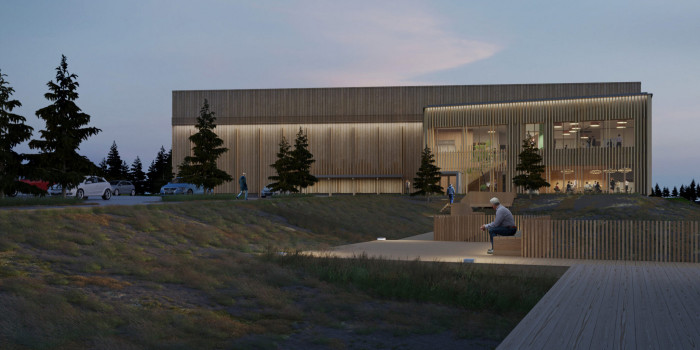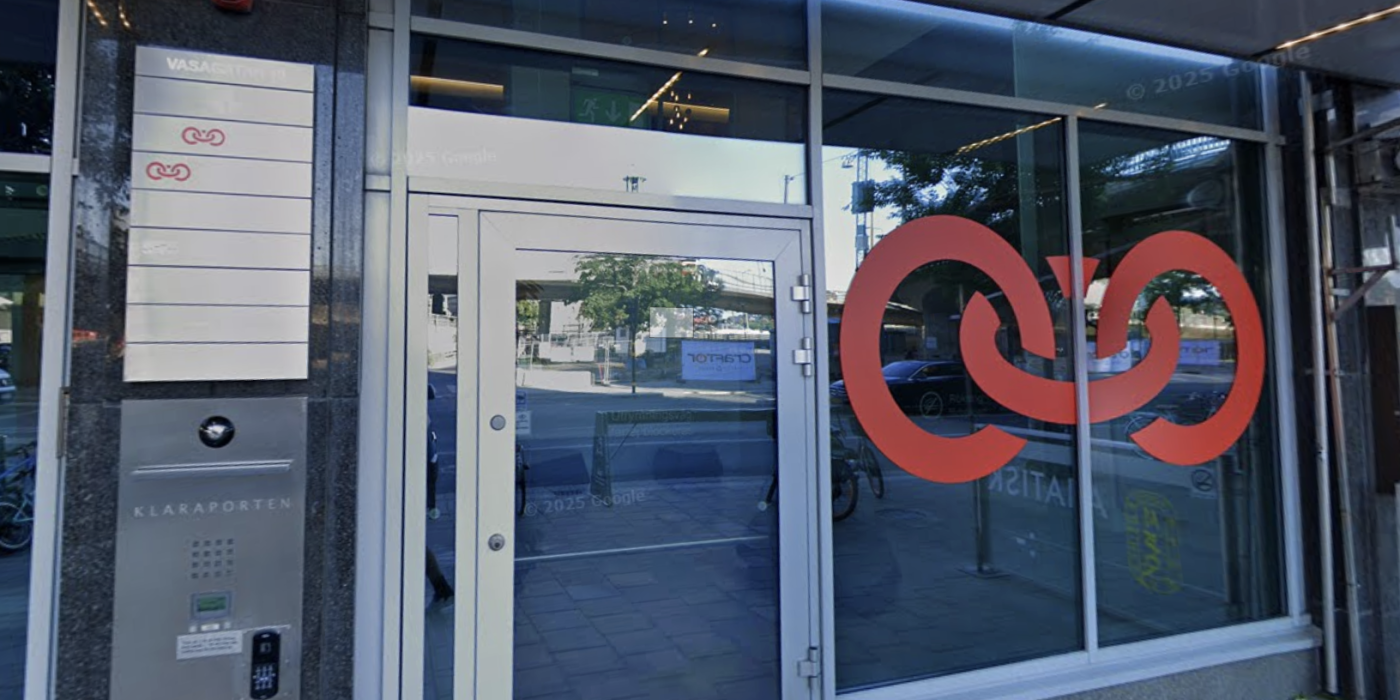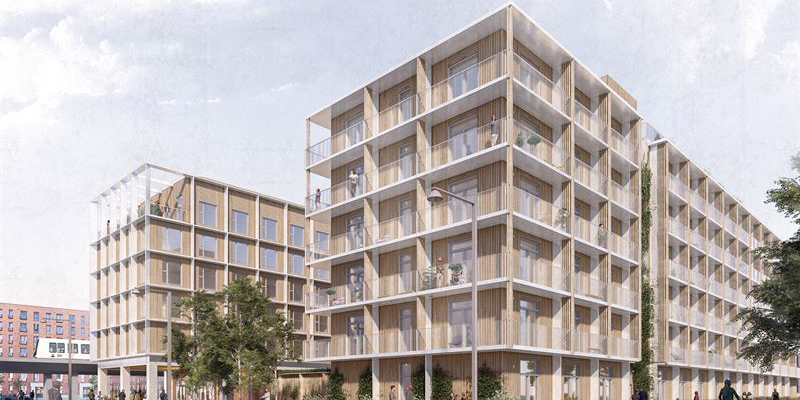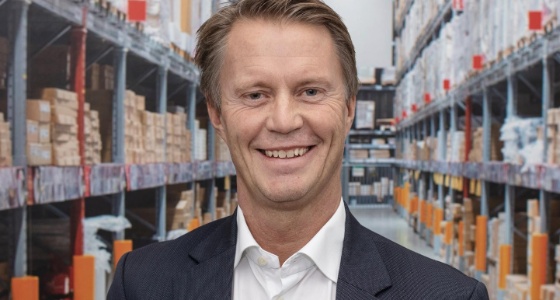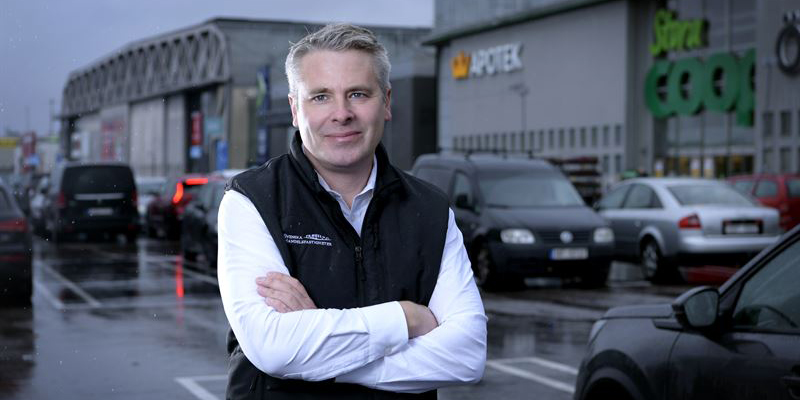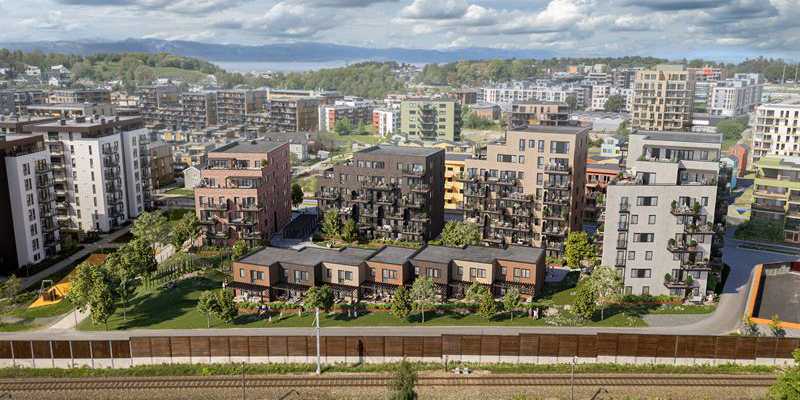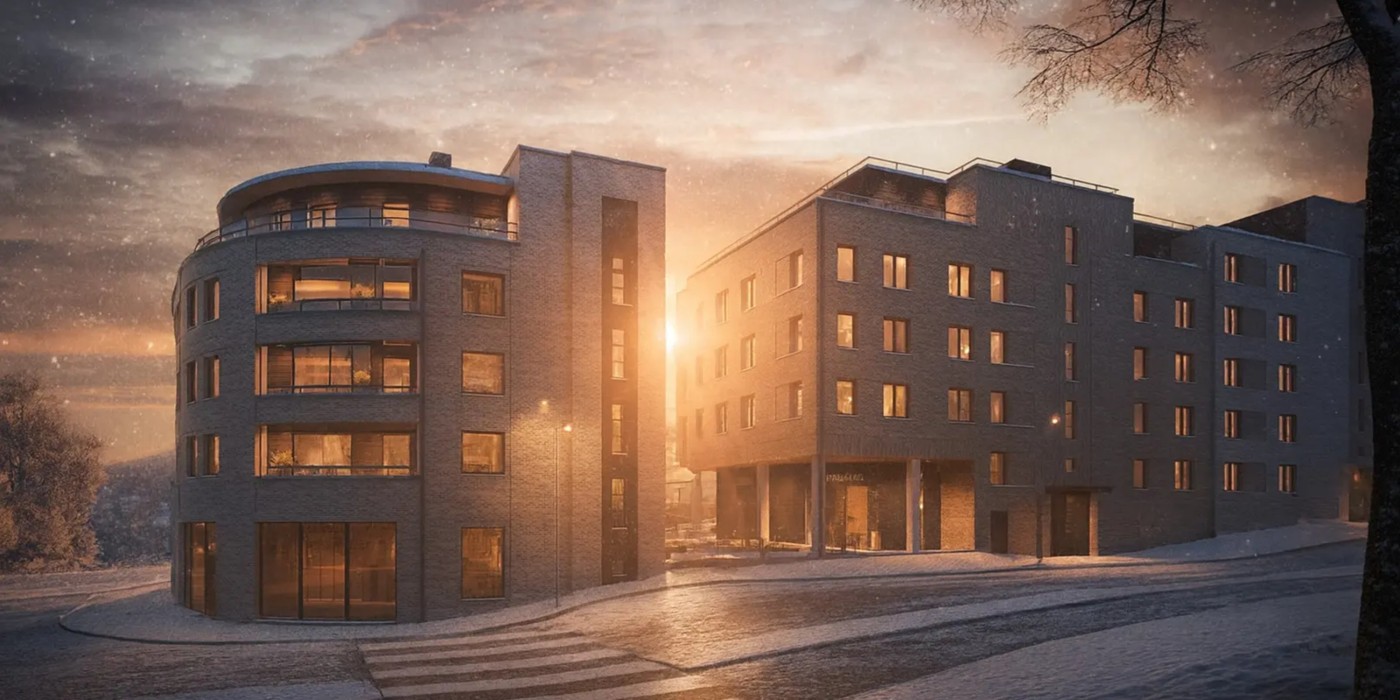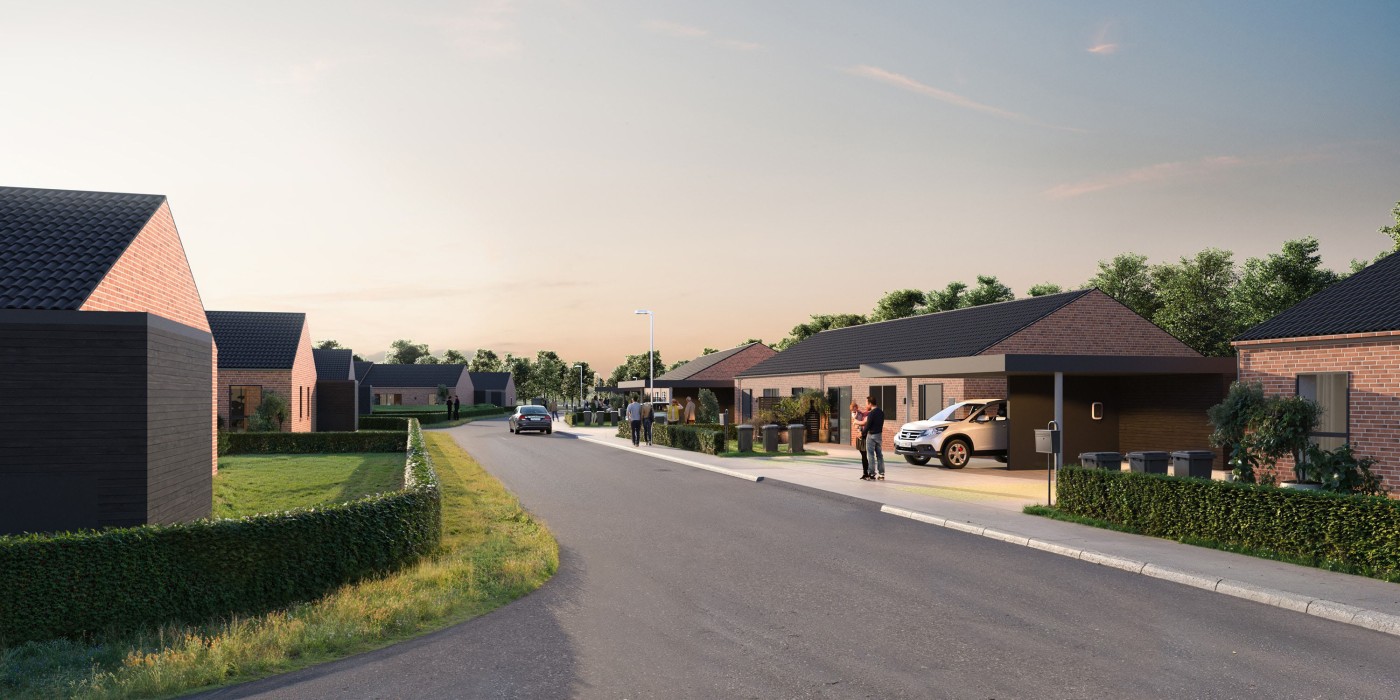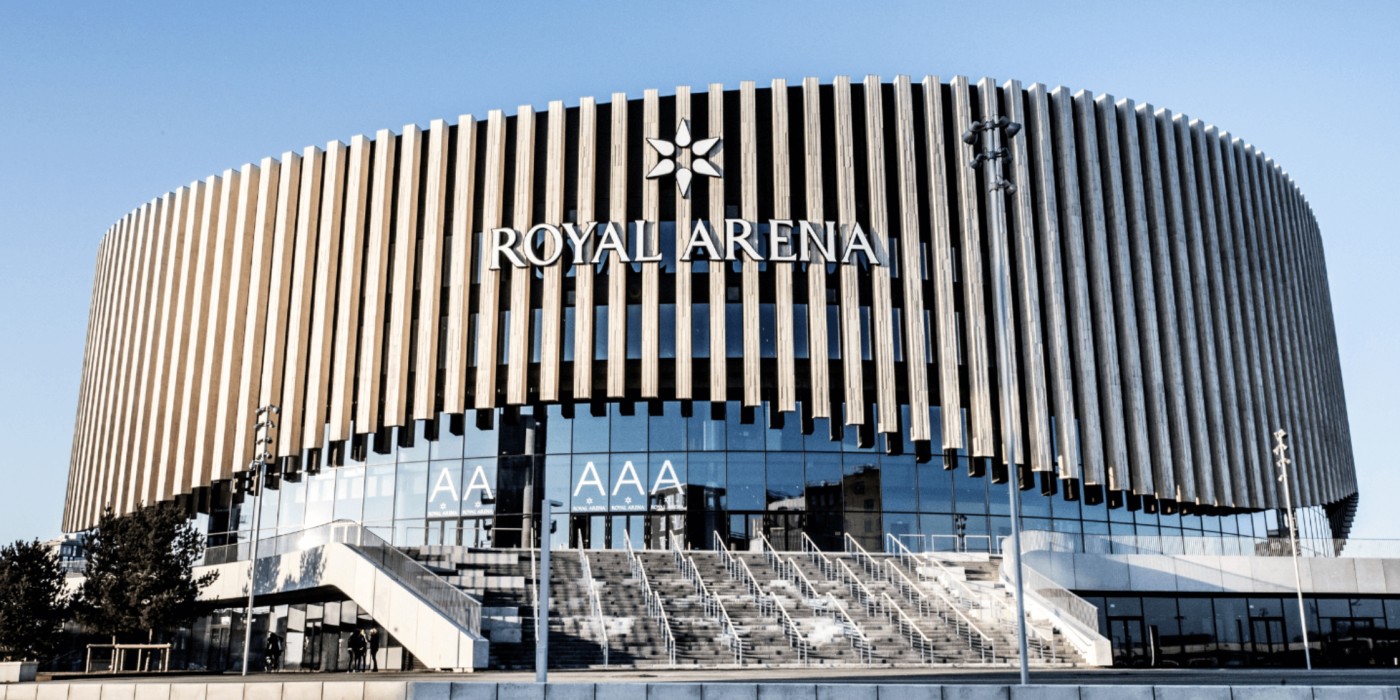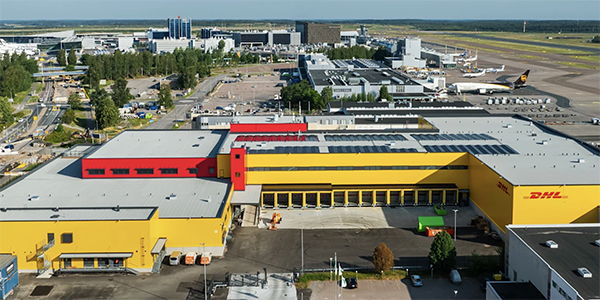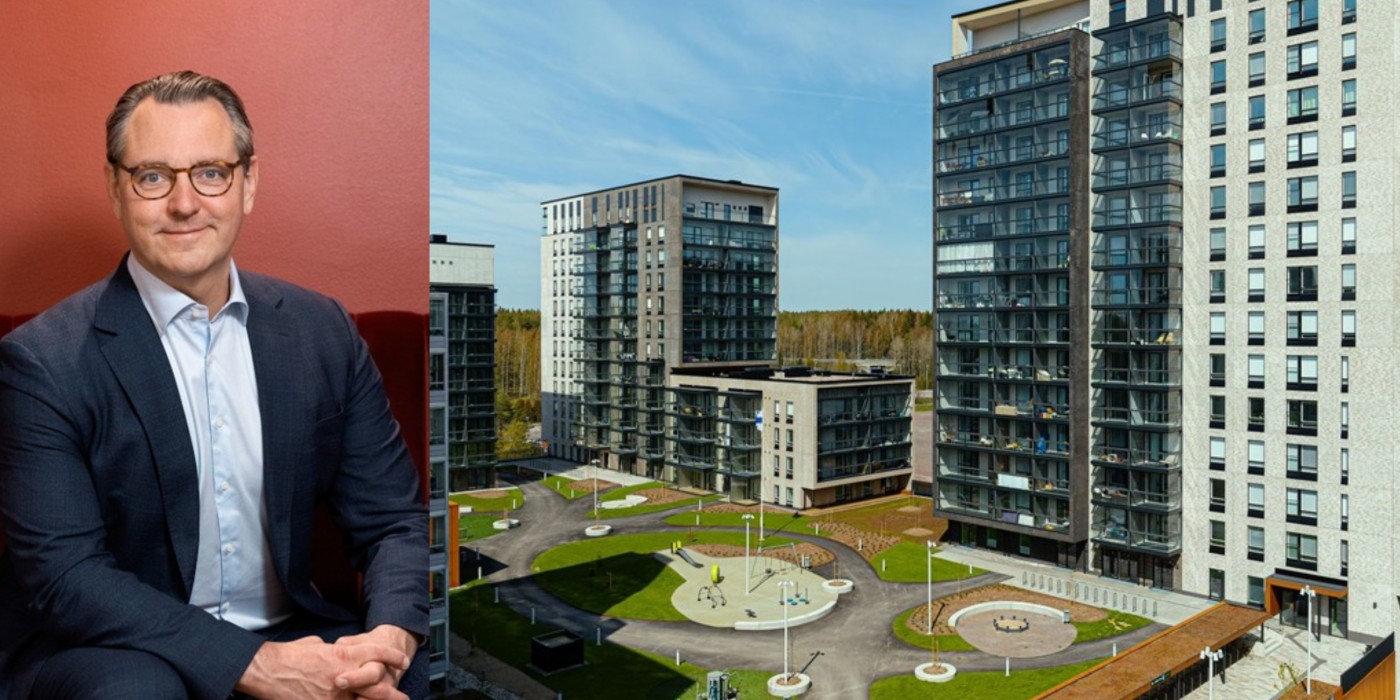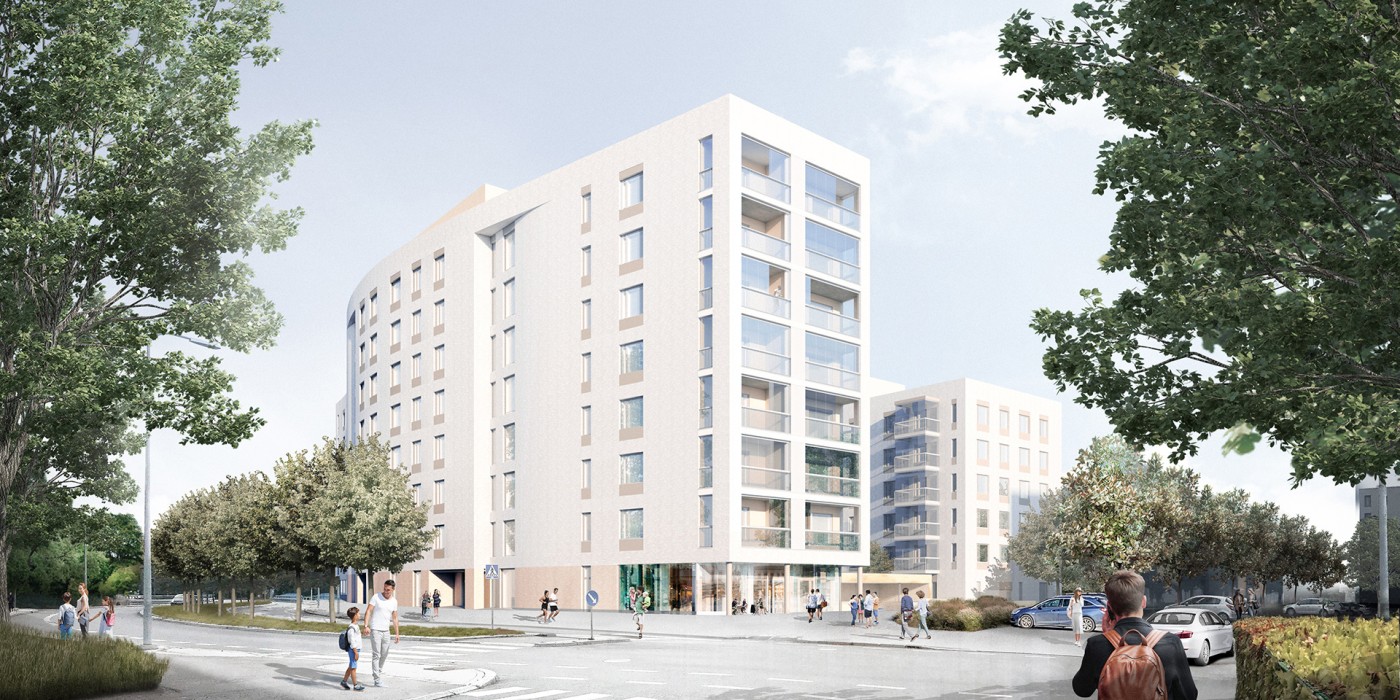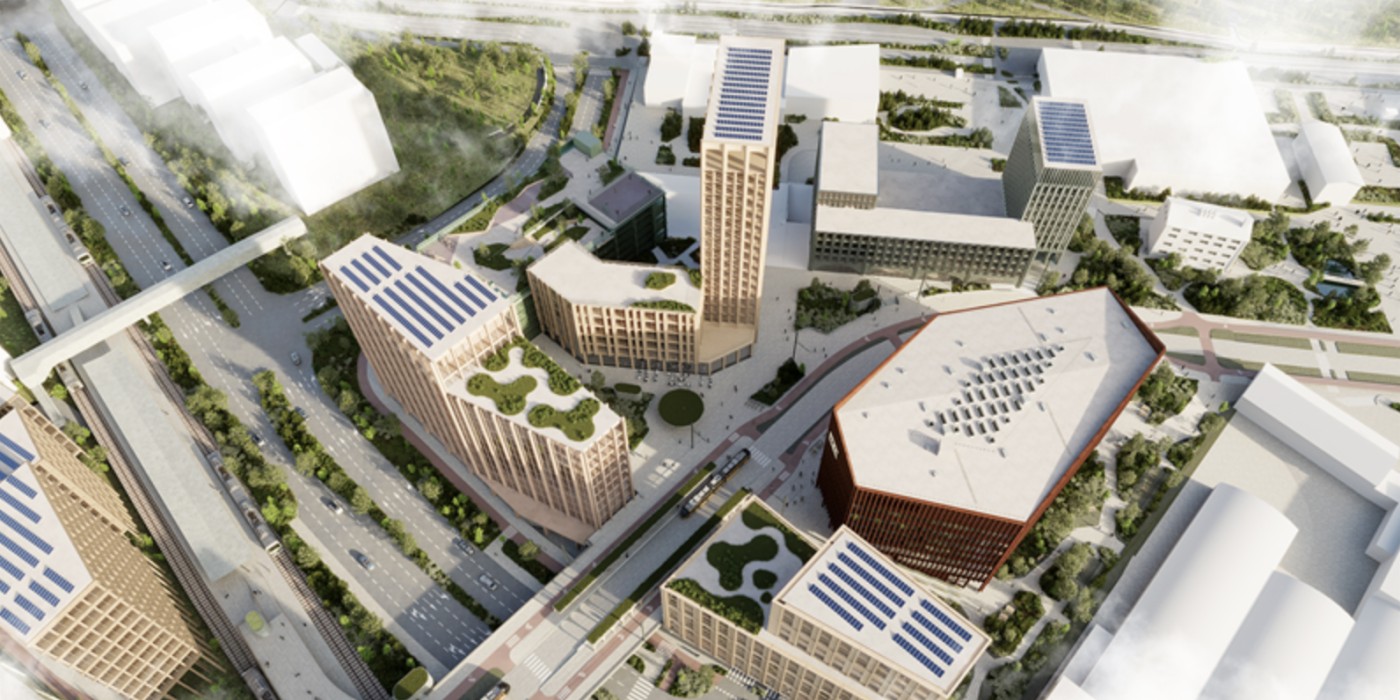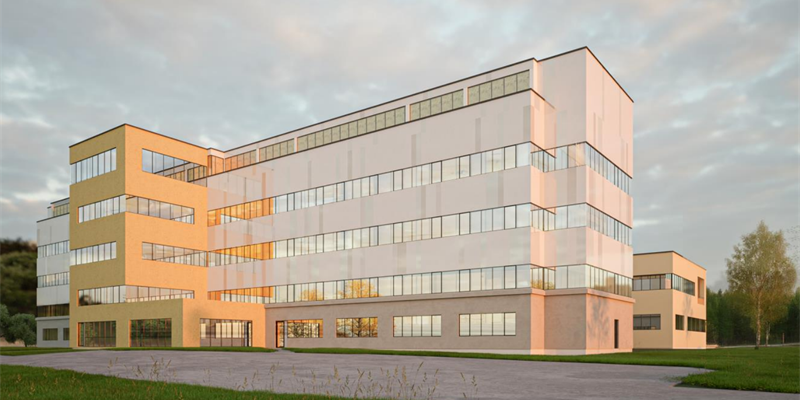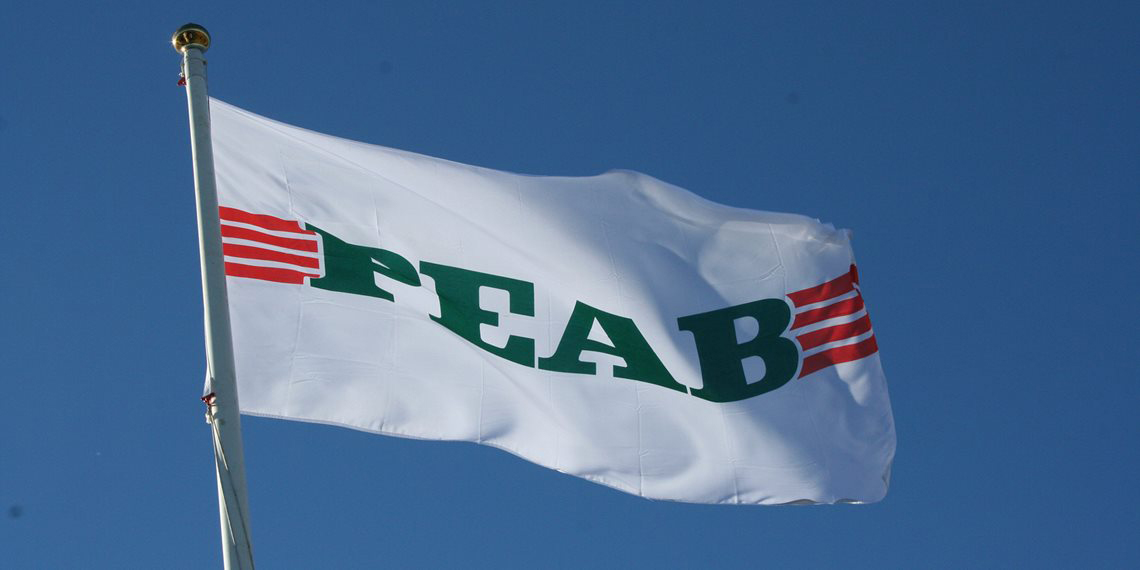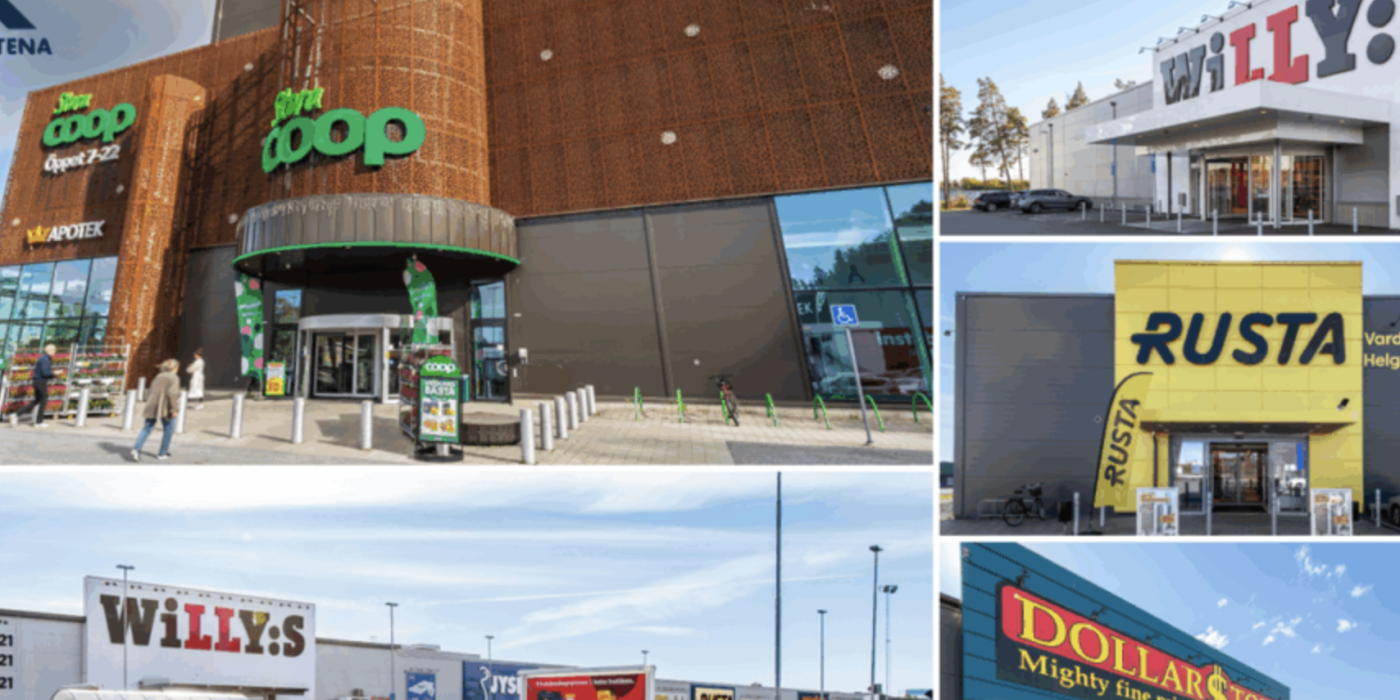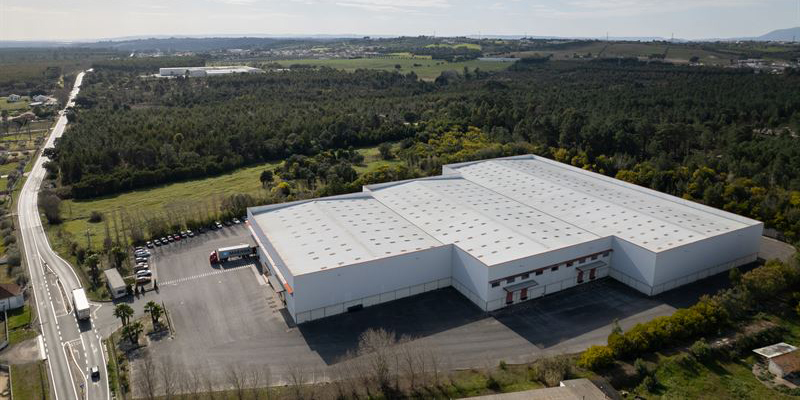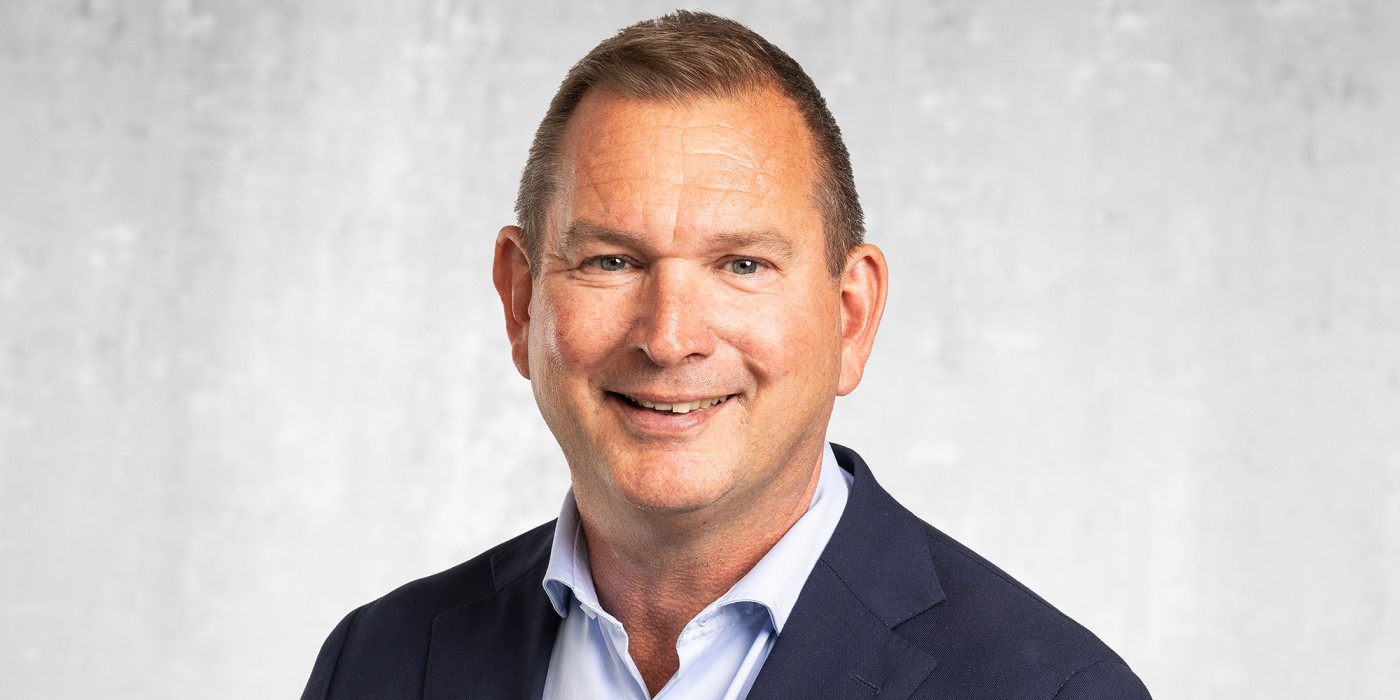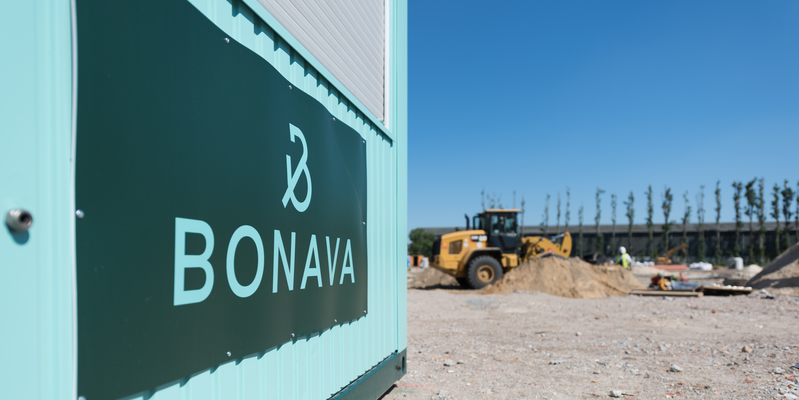NREP, the urban investor with €18 billion of assets under management, is to build the world’s first net zero logistics facility to reach net zero across operational and embodied carbon – and without external off-setting – in Bålsta, 50 km outside Stockholm, Sweden.
The project is the first of three ‘earthshot’ projects launched by NREP – the second being a residential development and the third an office retrofit – that will act as learning labs as NREP advances towards its ambitious target of becoming 100% carbon neutral by 2028, without external offsets.
A staggering 40% of global CO2 emissions come from the built environment. Delivering the world’s first logistics building with net zero emissions chimes with the core thesis of this year’s COP27, the UN’s annual global climate summit, which is to move beyond pledges towards implementation and taking action to urgently reduce carbon emissions.
Embodied carbon has been designed out from each element of the 20,000 sqm building, and the carbon neutrality will be achieved during the building’s lifecycle:
- In a first for a logistics property, low-carbon materials create reduction potential of circa 60% compared to typical logistics buildings. The biggest reduction levers lay in the structure of the roof and walls, adding up to half of the CO2.
- The team will replace traditional steel walls and roofs with a cross-laminated timber structure and façade. This will be coupled with a new type of organic insulation that binds more CO2 than it emits during the production process.
- At the foundation, NREP will use green cement which enables circa 30% CO2 reduction compared to a typical warehouse foundation.
- To reach net-zero the team includes the carbon sink qualities of timber and other organic materials. Lifetime CO2 emissions are brought down with a disassembly design principle, ensuring a high re-use factor of biogenic materials, preventing CO2 from escaping into the atmosphere by end of life.
Net zero operational carbon will be achieved by utilising 100% renewable green electricity. During the operational phase, there is a potential to become “energy positive”, using bespoke solar, heat pump and battery storage solutions to return surplus energy back to the grid.
Claus Mathisen, CEO of NREP, said: “We have collaborated with the industry’s leading innovators to push new boundaries and deliver the world’s greenest logistics development. Drawing from the most advanced products available, this project will be a test bed for emerging solutions, creating a whole new, commercially viable paradigm in carbon neutral real estate.
“This project is a great example of how to convert insights into real actions, now. And it demonstrates that doing the right thing is also good business. A property like this one will attract better financing and more customers.
“As a business, we believe decarbonising is a superior business approach. This prototype shows what is already possible today, and we hope that others will soon follow, enabling the scale-up of green solutions and bringing down costs.”
Victoria Burrows, Director of Advancing Net Zero, said: of World Green Building Council, said: “The goal of decarbonising the entire built environment is monumental and something that cannot be achieved alone. We need strong leadership from companies like NREP who are taking urgent and innovative action to explore what solutions are possible today, to get us closer to a carbon neutral future. It’s time to accelerate climate action and NREP’s breakthrough net zero project, which accounts for every kilo of carbon in the build, provides a clear template for others in the industry to work towards.”
The Bålsta facility will be operated by NREP’s logistics brand Logicenters, a leading developer and operator of modern logistics properties in prime locations across the Nordics, managing nearly 2 million sqm of space.
NREP is recognised as a pioneer within the area of sustainability with initiatives to date including the use of CO2 neutral geothermal heating, projects such as the world’s first 100% upcycled concrete building and ‘UN17 Village’, the first large-scale project to align with all of the UN’s 17 Sustainable Development Goals.

 All Nordics
All Nordics
 Sweden
Sweden
 Denmark
Denmark
 Finland
Finland
 Norway
Norway
